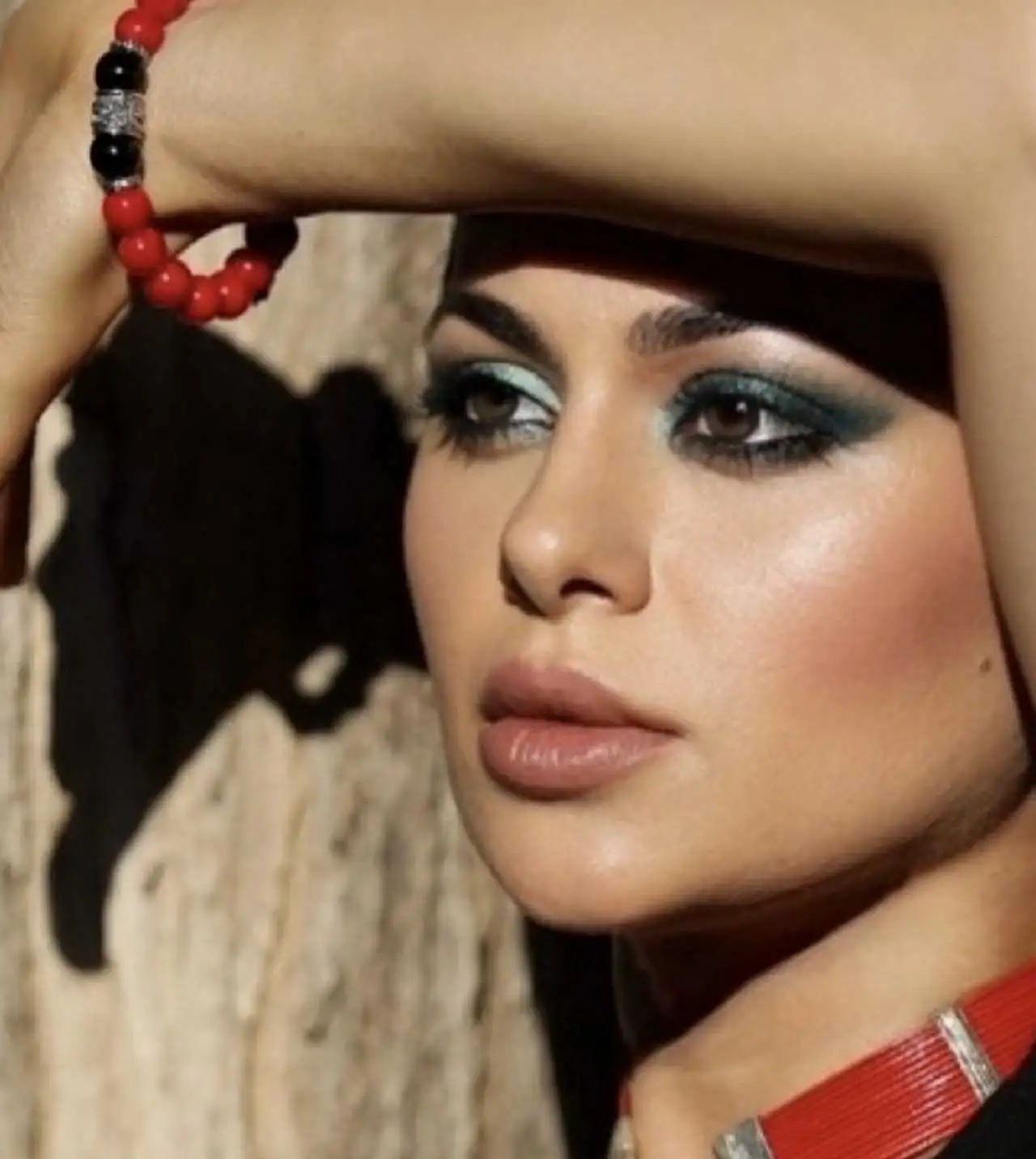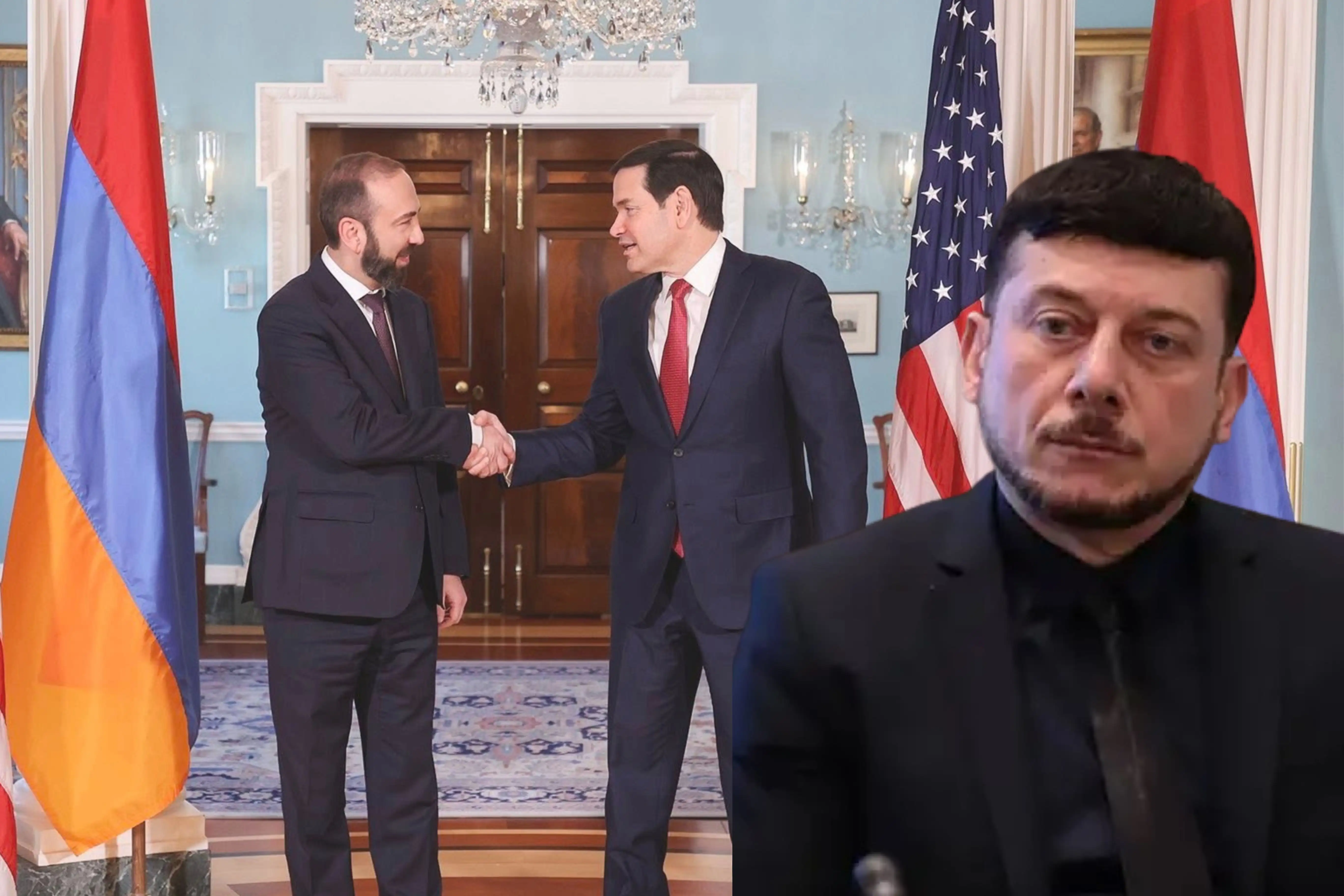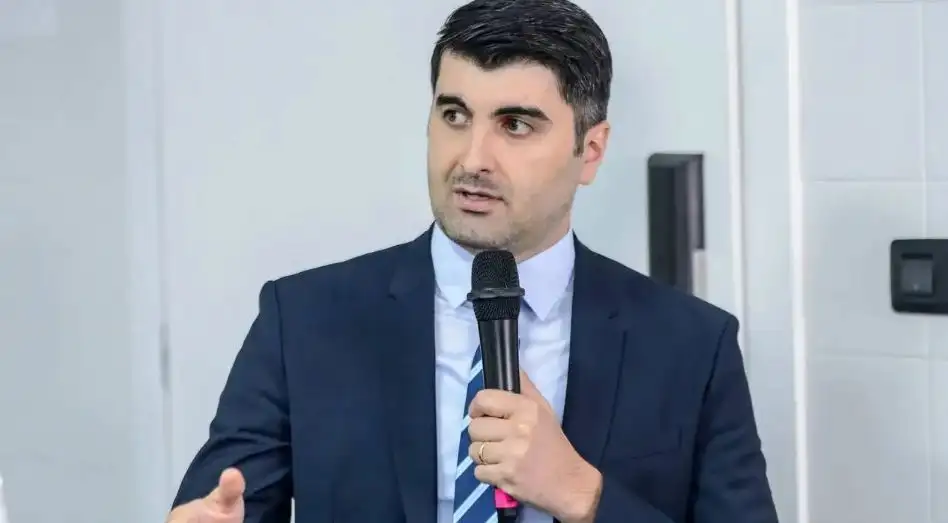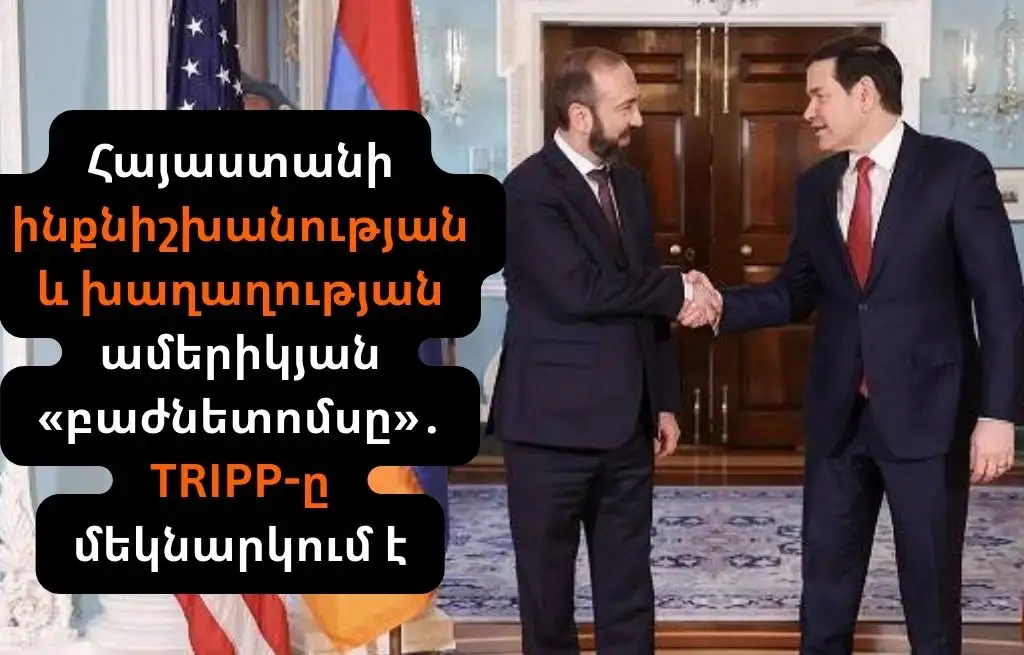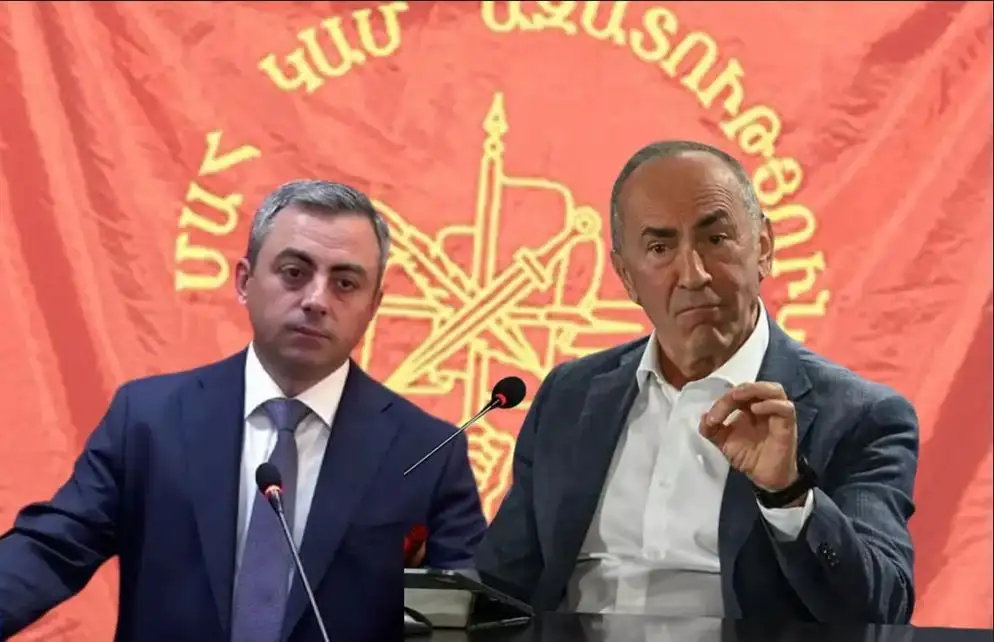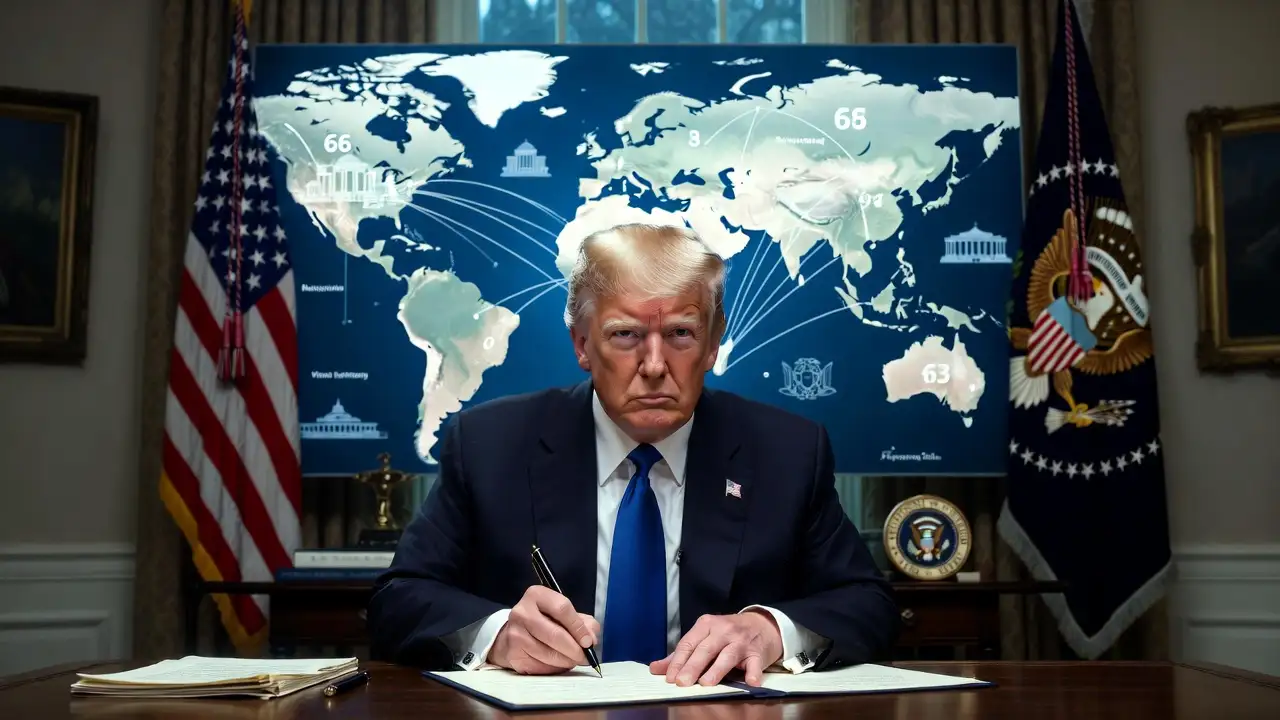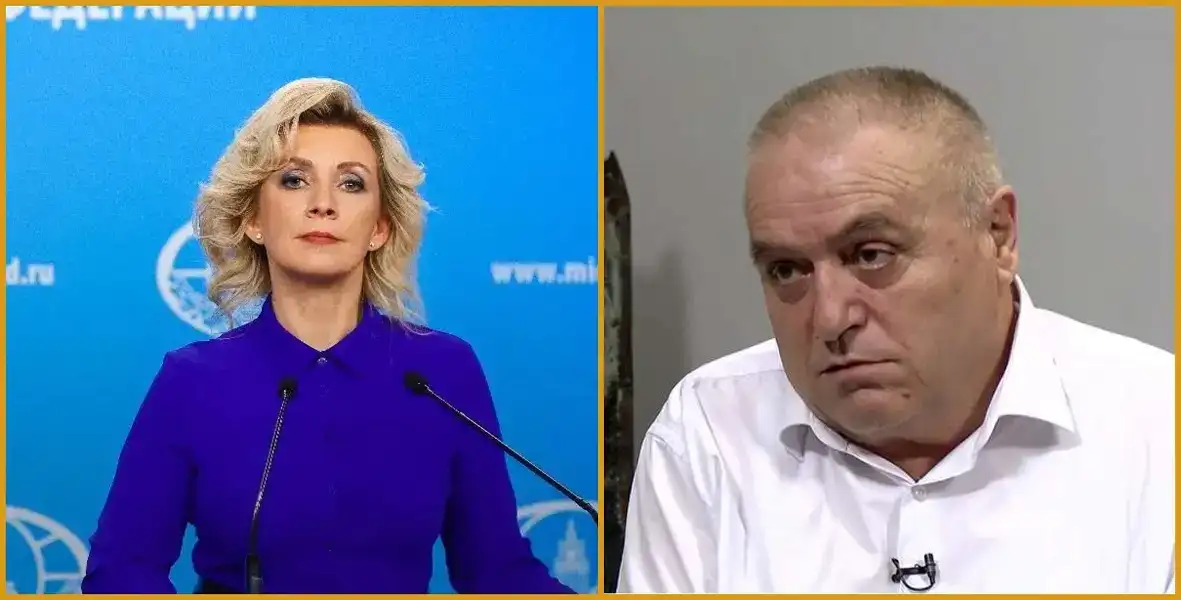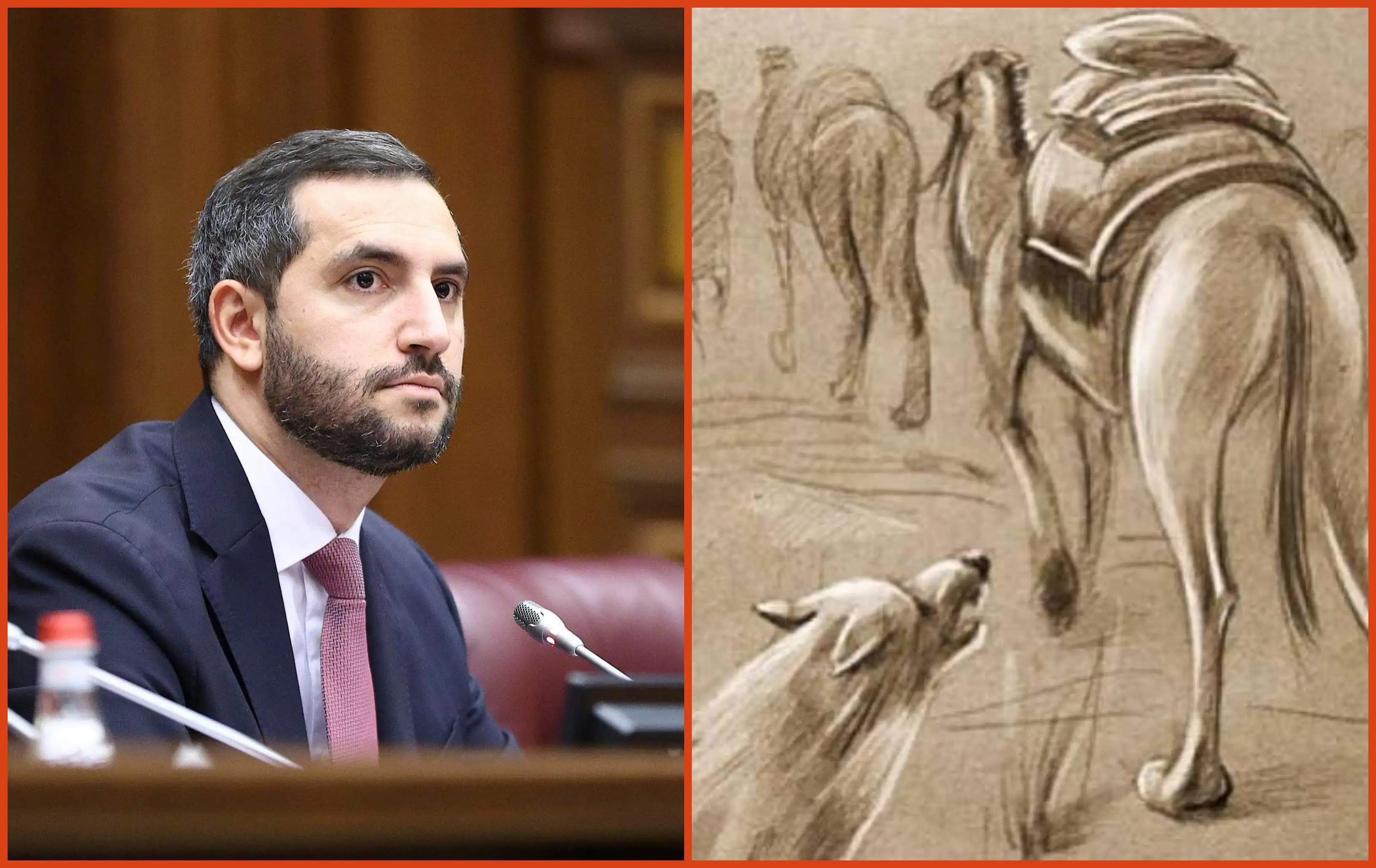The film Shakkar, featuring Gyumri-born, U.S.-based actress Mariam Vardanyan, has been selected as the main film of the Arpa International Film Festival. The film’s international premiere will take place during the festival. Mariam Vardanyan is also one of the screenwriters and producers of Shakkar.
On this occasion, Radar Armenia spoke with actress Mariam Vardanyan.
– Mariam, your film Shakkar will be the main feature of the Arpa International Film Festival, where it will also have its international premiere. Could you tell us a bit about the film and how the idea to make it was born?
– The idea for the film was born together with Nasimi, who is the film’s director, as well as one of the screenwriters and producers. One beautiful day, while we were exchanging thoughts and ideas, Shakkar came to life at that very moment.
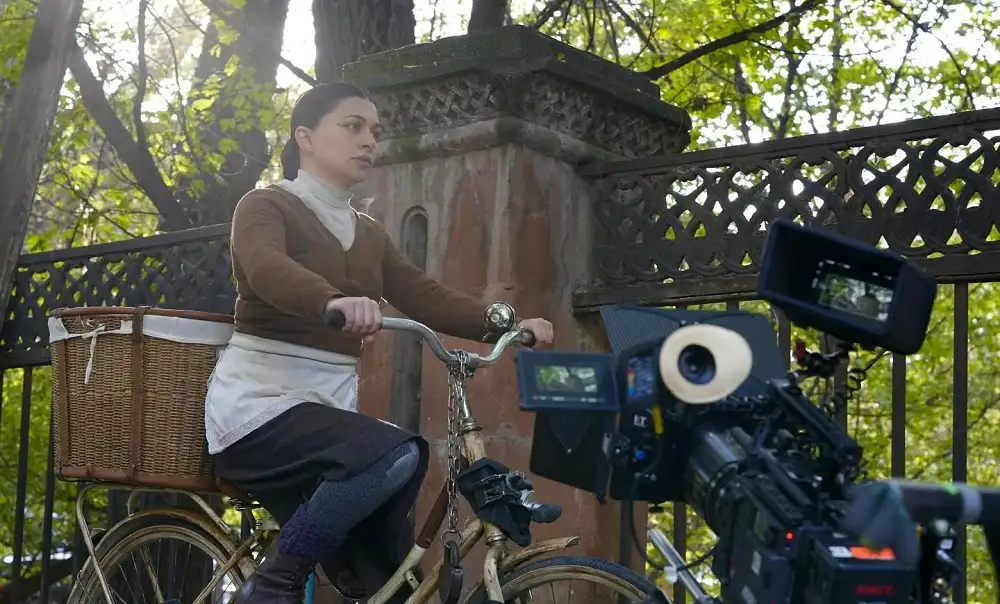
– It is known that the film was shot in your hometown, Gyumri. Why there? Was it the script that required it, or was it your own choice?
– The call of my hometown is always with me. Although the film’s concept is global and universal—it has no nationality, religion, place, or time—Gyumri is an extremely “cinematic” city. It was my idea to show Gyumri through the lens of cinema, with its beautiful scenery, to the whole world. I want the world to see my Gyumri.
– Am I right that the actors are from the United States?
– Not only. The cast is much more diverse. We have actors from Armenia, Europe, and also from Iran. We aimed to create an international and multicultural team.
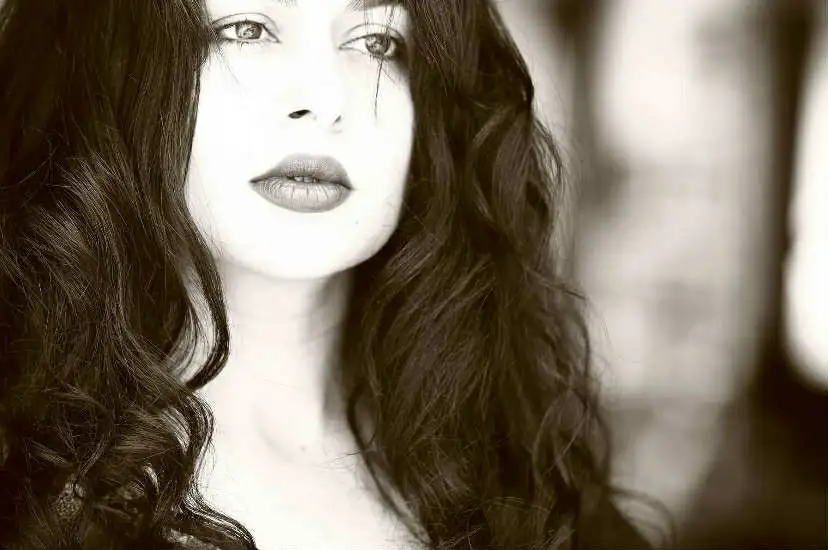
– Will the film be screened in Armenia as well?
– Absolutely, and I’m eagerly looking forward to it.
– What are your expectations from the film’s premiere, both in the U.S. and in Armenia?
– One of my expectations is that our film will reach a wide theatrical release. I want Shakkar to reach a broad audience, whether that happens in the United States or in our homeland, Armenia.

– Speaking of your film, let’s also talk about you. If I were to ask in a slightly Charentsian style—who is Mariam Vardanyan, where does she come from, and where is she going?
– I am Mariamik. I come from that paradise-like place called Gyumri, carrying within me its humor, its pain, and its warmth. And where am I going? I’m going toward a place where every ray of light becomes a story, where art can heal human pain, leaving my mark on the stage of world cinema.
– Do you miss your hometown? Do you visit often?
– Of course, I miss it deeply. And yes, I visit as often as I can. Gyumri is not just a city for me—it’s a constant source of inspiration and renewal.
– Let’s talk about your creative journey. This isn’t your first authored film, is it?
– My creative journey began when I was three years old, performing at the Gyumri State Drama Theatre named after Achemyan, under the direction of Khoren Abrahamyan. I took part in numerous performances, including Corado, Antigone, A Midsummer Night’s Dream, and others. I’ve also acted in many films, including Sinbad: The Fifth Voyage, Mr. Fix It, Chinaman’s Chance, and more.

– Among all your roles, both in theater and in film, which one do you love the most or consider most special?
– Regardless of the medium—whether in theater or in cinema—all my characters have made me change and understand the complexities of the human “self” more profoundly. Ultimately, I love all my roles, because each of them takes me on a personal journey toward myself, revealing new layers and truths every time.
– You became an actress from childhood. Was it an inherited profession? If your mother hadn’t been an actress, would you have chosen this path?
– I think it’s more fate than inheritance. My mother has always been a ray of light and a guide for me, but the call of art… it comes from the deepest core of our being. Even if my mother hadn’t been an actress, I’m certain I still would have followed this path. I’ve always felt my “place” was either on stage or in front of the camera. Perhaps I might have taken another route, but eventually, all those roads would have met at the great crossroads of art. Acting is not just a profession—it’s a way of existence.
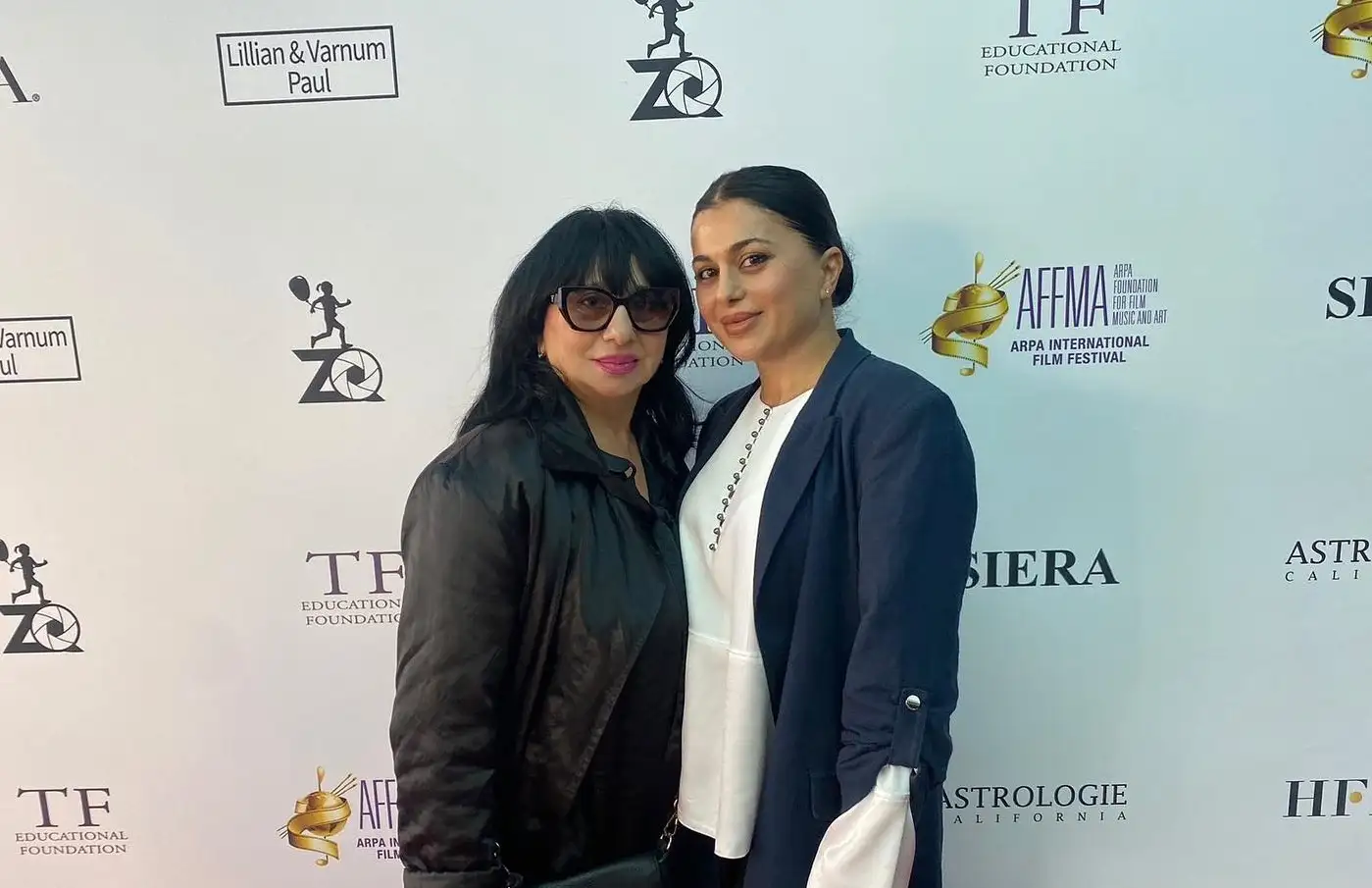
– What has been your greatest dream—and what is it now?
– My greatest dream has never been tied to personal career success, but rather to the human condition. My dream is that children’s eyes shed not tears of pain, but streams of joy, and that smiles never fade from their faces. This dream has always been in my heart—and it remains my greatest goal today.
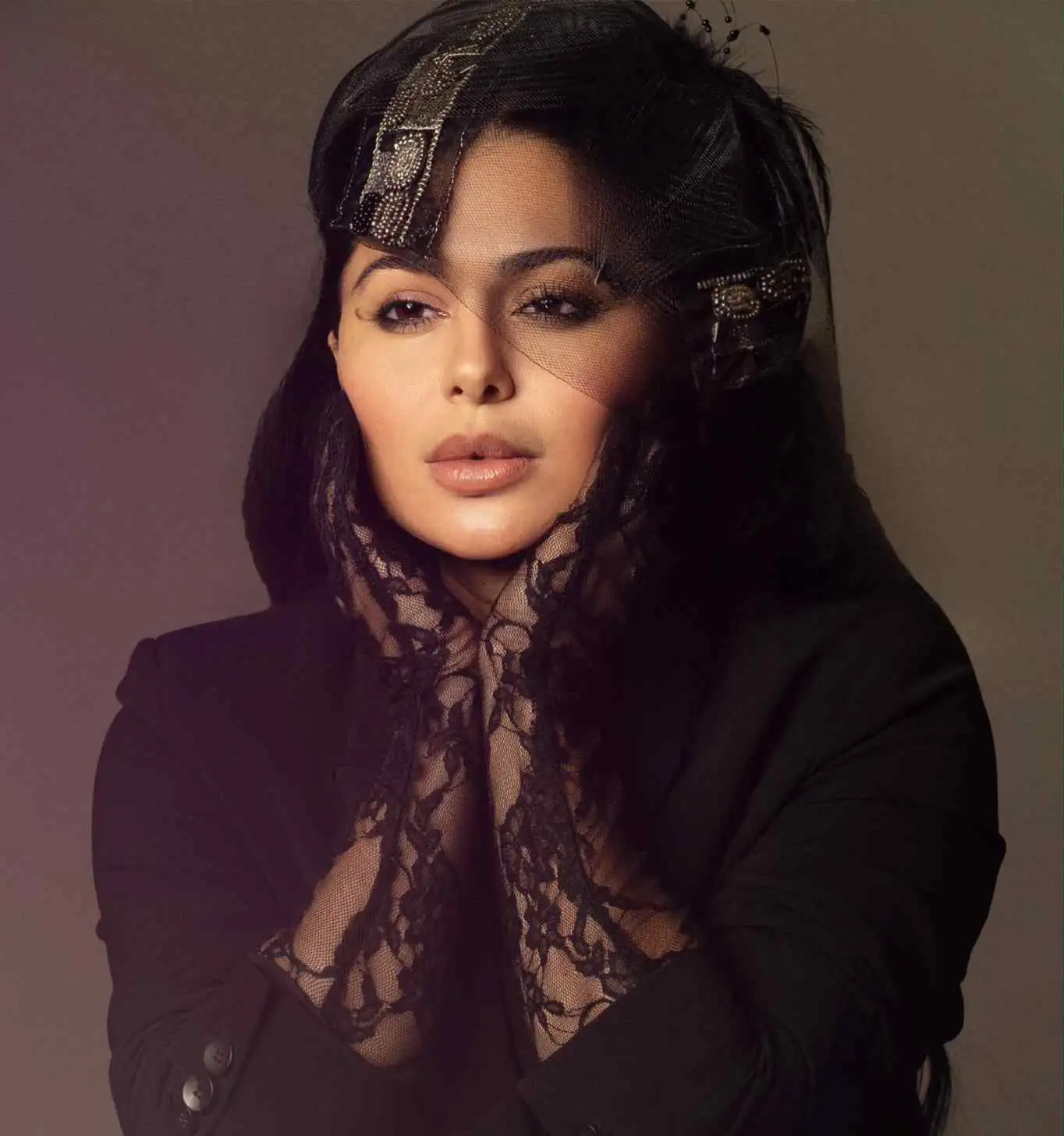
– What would you wish for your audience and readers?
– Love.
Arman Galoyan




